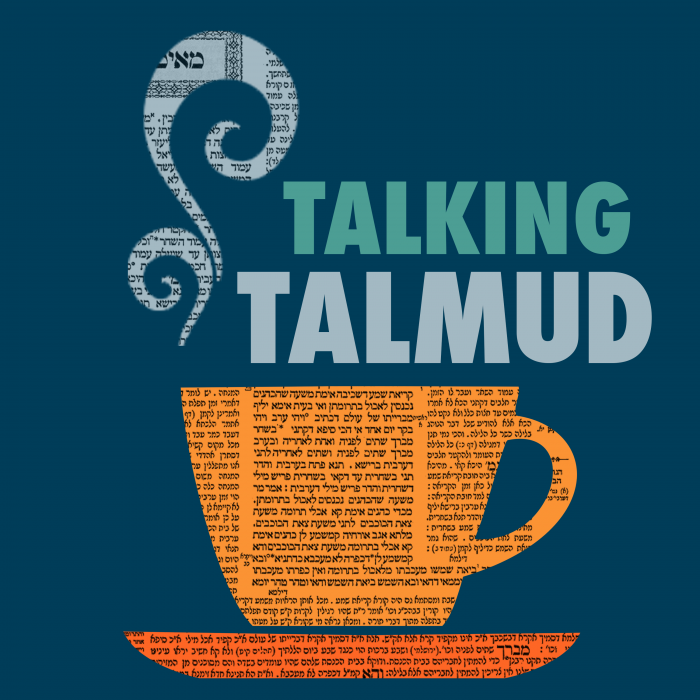Today’s daf is sponsored by Carol Robinson and Art Gould in loving memory of Art’s father Joseph, Yosef ben Shlomo Shabtai v’Rachel z”l. “Today is his 23nd yahrtzeit. Joe was an ordinary man of extraordinary dignity, decency and dedication. After WWII he worked for the INS welcoming immigrants to membership in America. I miss him and wish we had had more time together.”
The Gemara discusses excommunication of one who did not treat a Torah scholar with respect. What should the course of action be for Torah scholar for whom there were rumors spread of inappropriate behavior. Rav Yehuda deliberated and was advised to excommunicate him. Upon Rav Yehuda’s death, the Torah scholar asked the rabbis to repeal the excommunication. After looking into the issue, Rabbi Yehuda Nesia wanted to remove it, but Rav Shmuel bar Nachmani argued against him and convinced him not to. When the Torah scholar left the beit midrash, he got stung in his private parts by a hornet and died. Even in burial, they were unable to bury him with the pious people but did bury him with the judges. Why? In Rav Shmuel bar Nachmani’s argument, he brought the case of Rebbi’s maidservant who excommunicated someone for beating his older child, as it is modeling for him violent behavior. There is a debate regarding Torah scholars who sin, whether or not they should receive a public excommunication. Rav Papa would administer lashes to a Torah scholar instead of excommunicated him. Is excommunication something that permanently leaves a stain on a person or once it is removed, it is totally gone? A Torah scholar was bullied by someone but was to scared to excommunicate him as he was worried he would beat him up. What did he do instead? A leper can shave on chol hamoed – in what circumstances? A braita states that a kohen and a mourner can shave during the holiday – in what situation are each of these cases referring to? Can one cut one’s nails on the holiday or when in mourning?






















